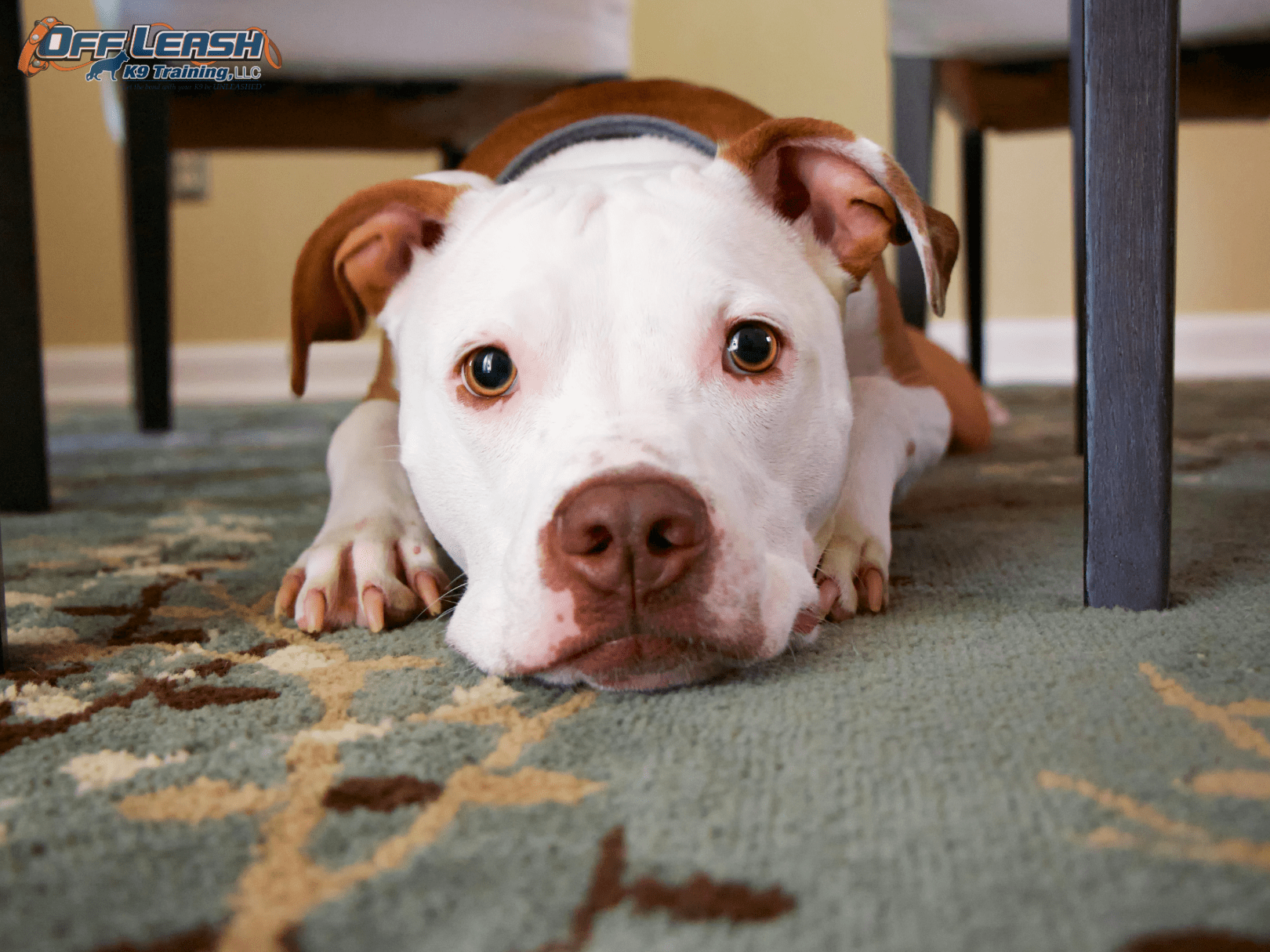This article provides an introduction to National Poison Prevention Week for dogs, including common household toxins, prevention tips, and how to respond to a poisoning incident, emphasizing the importance of educating oneself and others about pet poisoning.
Introduction to National Poison Prevention Week for Dogs
National Poison Prevention Week, observed annually every March, plays a critical role in highlighting the dangers lurking in our homes that could harm our pets. This awareness campaign is especially important for dog owners, as it sheds light on common household toxins and offers advice on how to prevent accidental poisoning. From human medications to certain foods and plants, the risks are numerous and varied, making this week an essential period for education and action.
Considering that dogs are naturally curious creatures, they can easily come into contact with substances that are harmful to them. This is why National Poison Prevention Week is not just about awareness but also about taking proactive steps to safeguard our furry friends from potential dangers.
Common Household Toxins for Dogs
Many everyday items that are perfectly safe for humans can be extremely toxic to dogs. For example, certain human medications such as NSAIDs (non-steroidal anti-inflammatory drugs) and antidepressants can cause serious health issues in pets if ingested. Another common household toxin is xylitol, an artificial sweetener found in sugarless gum and other sugar-free products, which can lead to liver failure and hypoglycemia in dogs.
Additionally, various foods and plants pose a threat to canine health. Grapes, raisins, chocolate, and certain flowers like lilies are well-known to be poisonous to dogs. A case to note is that of a dog who fell seriously ill after consuming a small amount of dark chocolate, emphasizing the need for vigilance and safe storage of these items.
How to Prevent Dog Poisoning
Preventing dog poisoning requires vigilance and proactive measures from pet owners. Medications, whether prescription or over-the-counter, should always be stored securely in cabinets out of pets’ reach. This includes seemingly harmless items like ibuprofen, which can be deadly to dogs.
Household items such as cleaners, pesticides, and rodenticides also pose significant risks and should be used and stored carefully. Regular inspections of your home and yard for toxic plants, and ensuring they are out of your pet’s reach, can prevent accidental ingestions. For instance, removing or securing lilies and tulips can safeguard curious pets who might be tempted to nibble on these toxic plants.
Responding to a Poisoning Incident

Keeping a record of what your dog ingested, including the amount and time, along with any observed symptoms, can be incredibly helpful for the veterinarian in providing the appropriate treatment.
Importance of Educating Yourself and Others about Pet Poisoning
National Poison Prevention Week serves as an important reminder for pet owners to stay informed about the dangers that common household items pose to their pets. Engaging in poison prevention events and sharing resources on social media can help spread the word and prevent poisoning incidents.
Understanding the signs of poisoning and having emergency contact numbers readily available can be life-saving in an emergency situation. Education and preparedness are key in protecting our beloved pets from harm.
How Off Leash K9 Training of Phoenix Can Help

Conclusion: Promoting Pet Safety and Awareness
National Poison Prevention Week for dogs is a crucial time to reflect on the hidden dangers within our homes and take proactive steps to prevent accidental poisonings. By staying informed and implementing safety measures, pet owners can ensure their dogs lead healthy and happy lives. Let’s use this week as an opportunity to spread awareness and protect our furry family members from harm.



